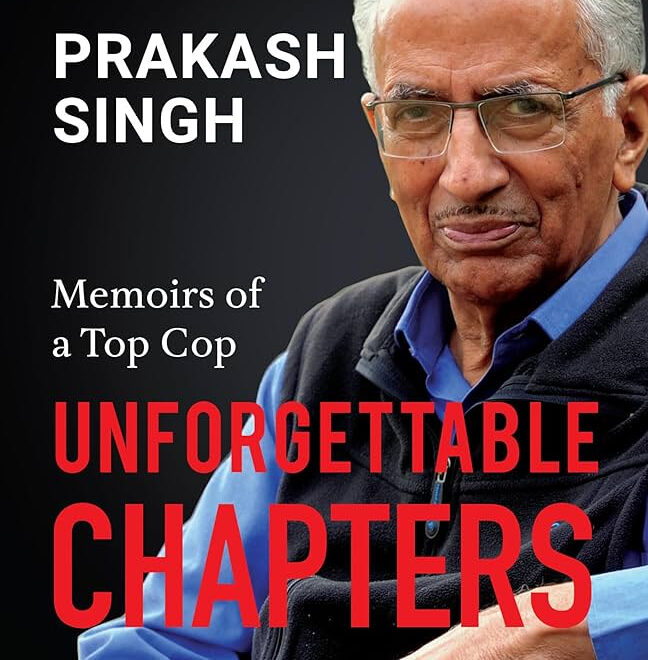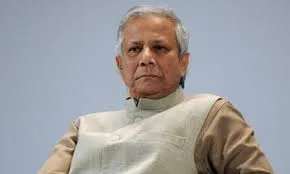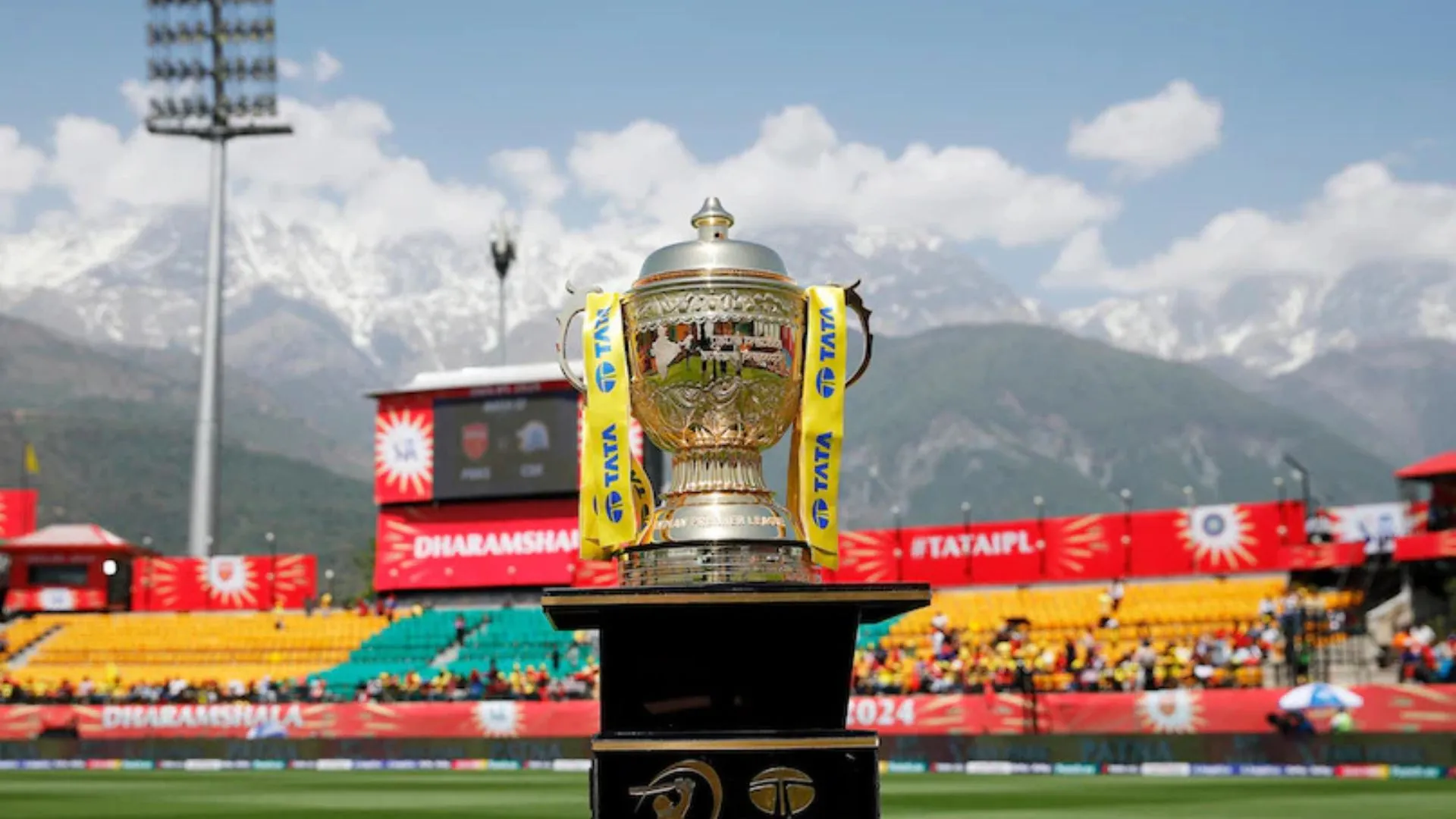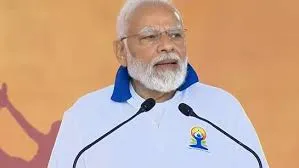Prakash Singh, former Director General of the Border Security Force and of Uttar Pradesh police, is one of the most distinguished officers of the Indian Police. His name is synonymous with police reforms and he has never hesitated in standing up for his men, as also in suggesting various measures that can make the cops more effective, besides prescribing various kinds of doable suggestions. Prakash Singh is also known for his strict adherence to the Constitution, which for him was “most sacrosanct’’ and upholding the Rule of Law, for which his unwavering commitment has been absolute. In the process, he has rubbed many of his colleagues, political masters and bureaucrats, the wrong way.
However, despite facing many hurdles thrown his way, he has never altered his path of serving the people and going by the laid down principles which should always remain the guiding force for any policeman. In his latest book, Memoirs of a Top Cop, Unforgettable Chapters’’, published by Rupa and released by Justice Madan Lokur at the India International Centre on Sunday, Prakash Singh recaptures some of the happenings that influenced the course of events. All through this trip down the memory lane, he comes out as a person, who remained steadfast in his beliefs and stood up for both his men and the assessments he made. He was the Director General of UP police on two occasions, the first being just ahead of the Babri Masjid demolition by Kar Sewaks, where his instructions to his men was to protect the disputed monument as this was mandatory in accordance with the law.
However, since he never hesitated in speaking out his mind, jealous colleagues and pliable bureaucrats poisoned the mind of the then Chief Minister Kalyan Singh, who gave him his marching orders and relieved him of the position, months before the incident of December 6th, 1992 took place. The entire episode brings out how intrigue and manipulations are a part of the system and how gullible politicians with huge egos, often end up making decisions that are contrary to the Constitution and the Rule of Law.
As the DG of the BSF, Prakash Singh led from the front and this made him hugely popular not only with his own force but even Army personnel who came in contact with him during this eventful stint, and also admired his courage and guts in always calling a spade a spade. Prakash Singh had earlier served as the IG, Punjab of the BSF and his role in getting the Mand area, a big chunk of marshy and uneven terrain near the confluence of Sutlej and Beas, close to Amritsar, cleared of terrorists and militants, was widely appreciated. He was also instrumental in the fencing which was erected on the border with Pakistan and remains one of the most novel features of the area. He contributed in curbing insurgency in Nagaland and containing the activities of ULFA in Assam. Without caring for his own life or that of his family, Prakash Singh put duty ahead of his personal safety.
The legendary cop was during his long stint with the Indian police influenced by many of his seniors, whose names are mentioned in the book. He has prescribed three Mantras, to young and budding officers, two of which he followed during his career and the third which he has formulated for the posterity. He had spent the early part of his career working under BN Mullick, considered to be the Father of Indian Intelligence, whose efforts helped in building the sprawling intelligence network in the country. Mullick was a practical man, who also drew his strength from his proximity to Pandit Nehru, who trusted him immensely. Mullick had told Prakash Singh, that to be a successful police officer, one should always carry one’s resignation letter in the pocket. This advice was given on the basis of his long experience which showed how pressures were mounted on officers to change their decisions even though they were contrary to the general interests of the people and the law of the land.
This is a counsel he wished to pass on to present and future officers, who in these troubled times, have to face enormous difficulties while discharging their duties. The second Mantra, he received was from his senior, JN Chaturvedi, Delhi’s first Police Commissioner, who was later the DGP of Uttar Pradesh and who always stood by his men if he found them to be right, when they were being hounded by politicians and bureaucrats and the system. Chaturvedi’s Mantra was that “it is better to be a dead Lion than being a living dog’’. The meaning was that an officer as long as he was at helm, should take charge of the situation and be seen in command. He should never be seen as a weak officer wagging his tail before the political masters and carrying out their orders even when they were patently unlawful.
The third Mantra, which he devised is, “Sar pe Kafan, Jeb mein Istifa’’ (shroud on the head and resignation in the pocket. One should be prepared to resign and also be ready to sacrifice his life in pursuance of his duties). This Mantra is the distillation of Mullick and Chaturvedi’s prescription with a few improvements. Prakash Singh’s contribution has been widely acknowledged by Prime Ministers and his peers have mostly held him in high esteem. He has also spoken about his spiritual side; he has been a follower of Goddess Durga and had faith in Deoraha Baba and Guruji whose temple attracts thousands of visitors in Chattarpur daily. Prakash Singh, has indeed been a role model for the Indian police and shall continue to inspire generations.























